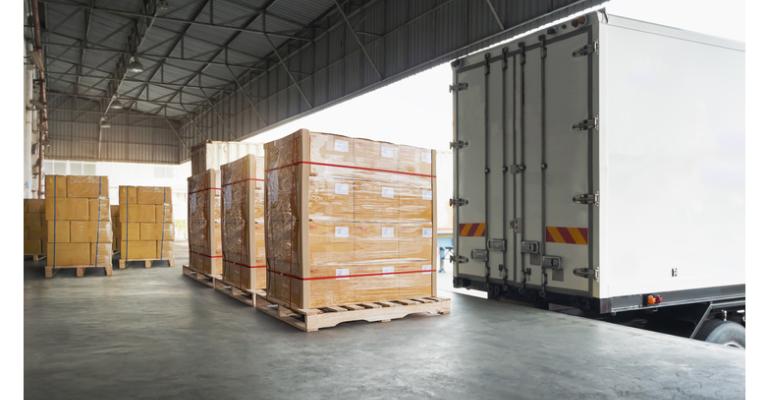Yellow Corporation, one of the country’s largest less-than-truckload freight companies, plans to file for bankruptcy by August 1, according to CNN and other business-news outlets. The company’s subsidies that serve the meeting, convention, and exhibition industry include YRC Freight, New Penn, Holland, and Reddaway.
The news comes on the heels of a positive development for event planners: a last-minute agreement between UPS and more than 340,000 of its employees on a new contract. The deal averted a strike that was set to begin August 1 and would have disrupted the delivery of nearly 24 million packages each day around the country.
One exhibition-industry veteran notes that the loss of a large freight shipper comes at a time when rising fuel prices are already causing headaches for show organizers and their exhibitors. "About one-third of all freight costs are tied to fuel,” says Candy Adams, CMP, CMM, CEM, CTSM, president of Trade Show Consulting. “With gas prices going back up, we were already looking at prices being higher for shipping to shows. Now, we see trade shows being back to where they were before the pandemic” and with one less freight company in the market, “it’s a matter of [show organizers] looking at how much capacity do we have throughout the industry, and who has the warehouses, and where are those warehouses?”
Adams points out that the fuel surcharges seen by exhibitors on their trade-show bills are connected to weekly calculations made by the U.S. Department of Energy. According to the website for Worldwide Express, however, “there is no enforced or mandated method for calculating these fees” uniformly by all freight shippers.
Another wrinkle: For shows that use a “zero-invoice” model with their general contractor, “the exhibitors are going to pick up any extra costs” associated with changes to a show’s freight-shipping arrangement as well as higher fuel prices. “Zero-invoice” means that the show’s general contractor does not present an invoice with any charges to be paid by the organizer at the end of a show; instead, the drayage charges assigned to exhibitors cover everything. In other words, “All of those expenses, including shipping costs that factor in higher fuel prices, are rolled into what the organizer charges exhibitors for their material handling,” says Adams.
With the latest economic news from the U.S. Commerce Department better than expected—gross domestic product grew by a 2.4-percent annual rate in the second quarter versus economists’ consensus estimate of 1.5 percent—developments such as one less freight-shipping firm in the market and rising fuel costs hopefully will not slow the recent momentum of the business-events industry.





